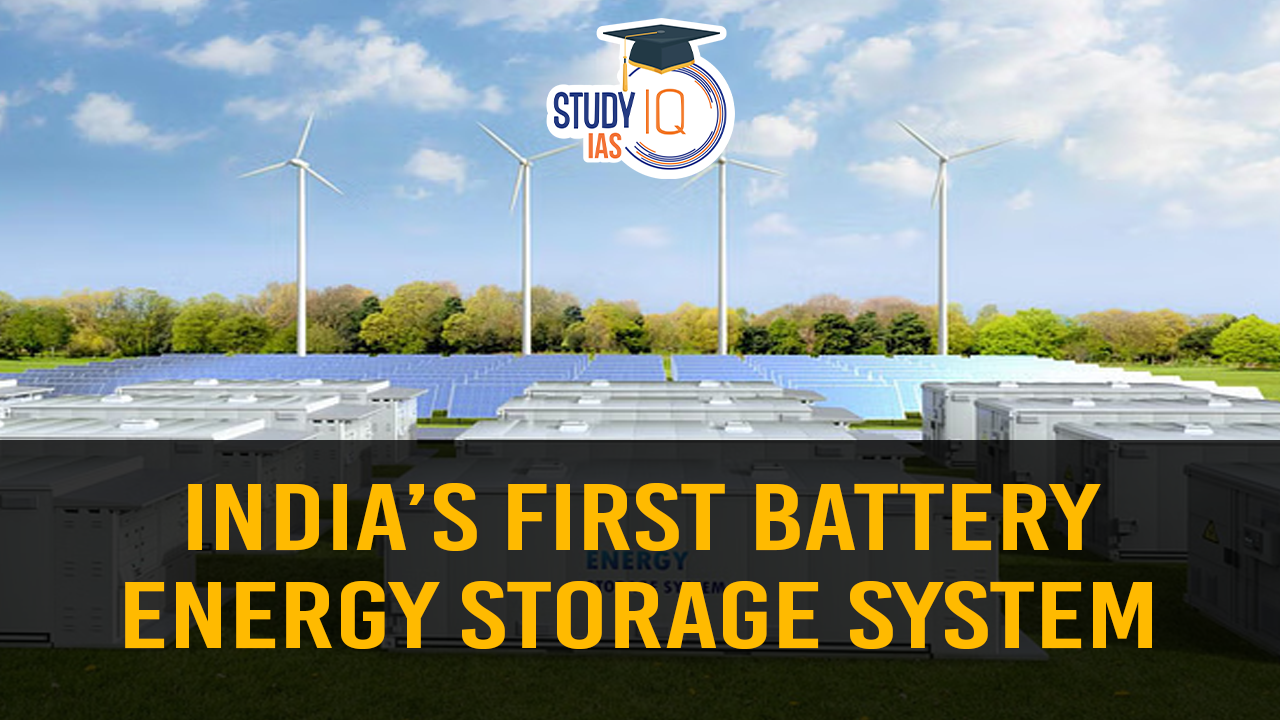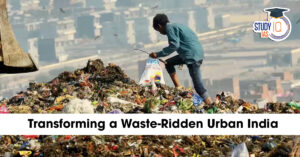Table of Contents
India is set to launch its first commercial utility-scale Battery Energy Storage System (BESS) in Delhi, expected to go live by March this year. With a capacity of 20 MW (megawatt) and 40 MWh (megawatt hour), this system will store excess renewable energy, like solar and wind, and release it when demand peaks or renewable energy generation is low.
What is BESS?
Battery Energy Storage Systems (BESS) store excess energy generated from renewable sources and discharge it when needed, ensuring a stable energy supply. These systems help balance the intermittency of renewable energy sources like solar and wind, which depend on weather conditions.
Types of Batteries Used in BESS
- Lithium-ion (Li-ion) Batteries: Widely used due to their high energy density, long lifespan, and fast charging/discharging capabilities.
- Lead-acid Batteries: Less common today, these are cheaper but have a shorter life and lower energy efficiency.
- Sodium-sulfur Batteries: Suitable for large-scale storage, especially in industrial applications, due to their high energy density and long cycle life.
Significance of BESS
- Minimizing Greenhouse Gas Emissions: By storing and using renewable energy, BESS reduces the reliance on fossil fuels, lowering carbon emissions.
- Reducing Energy Costs: Stored energy can be used during peak hours when electricity prices are high, making energy consumption more cost-effective.
- Reducing Dependency on the Grid: BESS reduces the strain on the grid, especially during high-demand periods, and offers energy autonomy.
- Improving Grid Stability: It helps stabilize the grid by balancing fluctuations in renewable energy generation, ensuring a continuous and reliable power supply.
Future Potential
India’s first BESS is a crucial step towards achieving its renewable energy targets. As the country aims for 500 GW of non-fossil fuel-based energy by 2030, BESS will play a vital role in addressing the intermittency challenge of renewable sources and improving energy reliability. While the technology promises significant benefits, challenges like high initial investment, battery disposal, and infrastructure upgrades remain. Nonetheless, the growing adoption of BESS is a key enabler for a sustainable energy future in India.
Sharing is caring!


 New Window of Opportunity for India amid...
New Window of Opportunity for India amid...
 Cetacean Morbillivirus: Meaning, Feature...
Cetacean Morbillivirus: Meaning, Feature...
 Transforming a Waste-Ridden Urban India:...
Transforming a Waste-Ridden Urban India:...

























